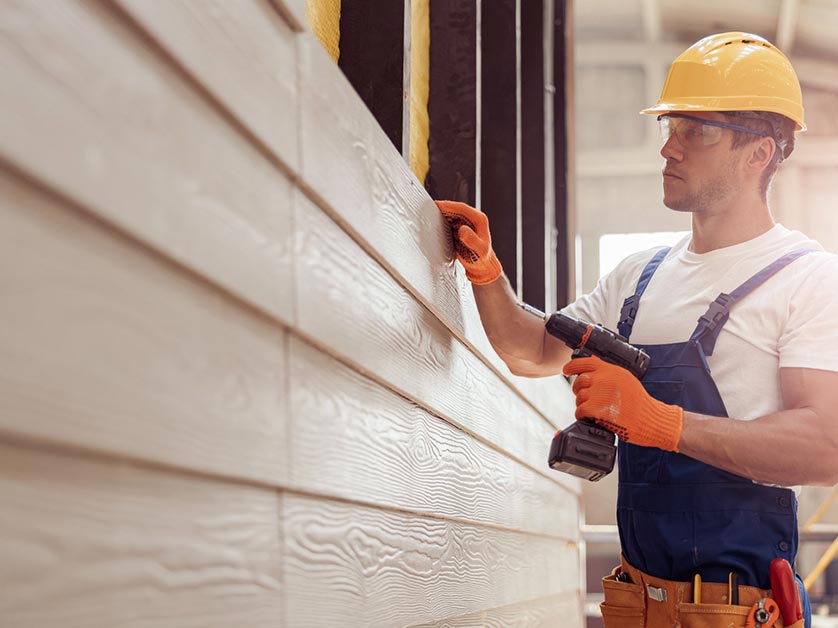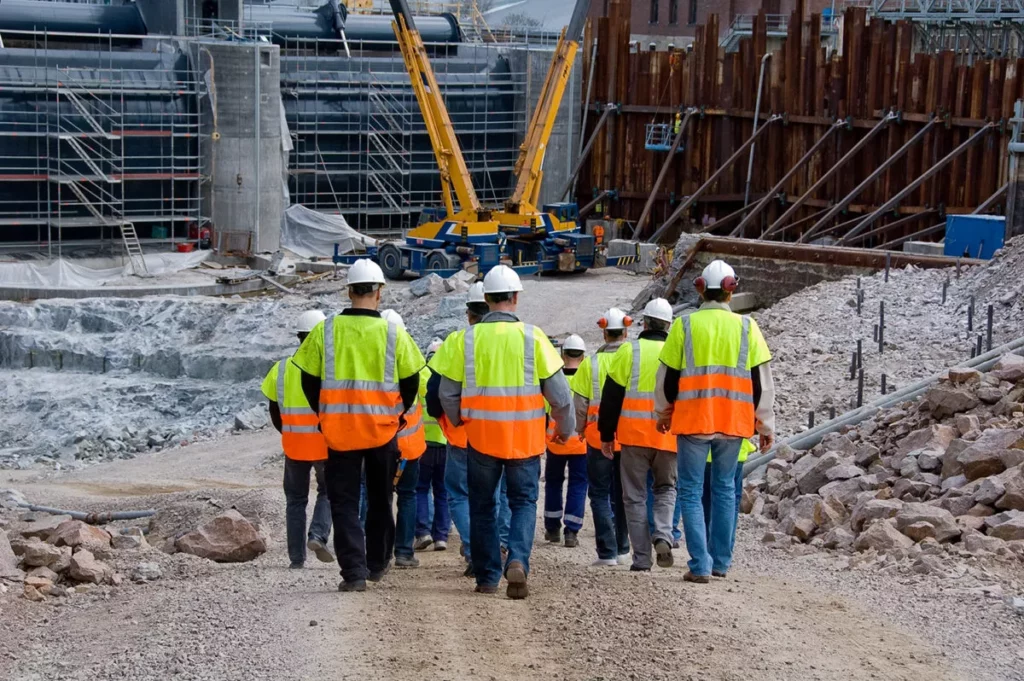Home Contractor Services for Reliable Construction and Renovation
A home contractor plays a central role in construction and renovation projects. They are responsible for managing the entire process from planning and design to execution and inspection. Their role ensures that projects are completed on time, within budget, and according to safety and quality standards.
Without a contractor, even small home improvements can quickly become overwhelming. Coordinating workers, managing permits, sourcing materials, and ensuring structural integrity requires expertise. A professional contractor offers peace of mind and efficiency, turning complex projects into achievable results.
Why Hiring a Home Contractor Matters

Hiring a home contractor is more than just convenience; it is an investment in quality and safety. They serve as the bridge between homeowners, architects, engineers, and skilled trades, ensuring smooth communication and precise execution.
They also handle local building codes and permits, areas that can be confusing for homeowners. This prevents delays and costly fines. By ensuring compliance, they safeguard not only the project but also the long-term value of the property.
Key Responsibilities of a Home Contractor
Planning and Budgeting

The first responsibility of a contractor is to develop a detailed plan and budget. This includes timelines, materials, labor, and contingency allowances. Contractors analyze architectural drawings and identify potential challenges before they become obstacles.
This stage sets the tone for the project. Without careful planning, homeowners risk running into unexpected costs or prolonged delays. A contractor ensures transparency and feasibility from day one.
Managing Skilled Labor

A home contractor recruits and supervises skilled workers, such as electricians, plumbers, carpenters, and painters. They make sure that each trade is scheduled correctly and that tasks are completed in the proper order.
This coordination prevents overlap and reduces downtime. It also ensures that specialists perform their work at the highest standard, which contributes to the durability and safety of the finished project.
Overseeing Quality and Compliance
A contractor is also responsible for quality control. They conduct routine inspections and verify that all work meets both design specifications and regulatory requirements.
By staying on top of quality, contractors minimize the risk of defects, accidents, and costly repairs. They protect the homeowner’s investment while ensuring that the finished product is safe and reliable.
Benefits of Hiring a Home Contractor
Expertise and Experience
Contractors bring years of industry knowledge to the table. They understand the nuances of construction, from foundational work to finishing touches. Their expertise allows them to anticipate challenges and solve problems quickly.
This experience helps ensure that every aspect of the project is executed with precision, giving homeowners confidence in the final result.
Time and Cost Efficiency
Without a contractor, projects are often delayed due to poor coordination or a lack of expertise. Contractors streamline the process by keeping all workers and tasks aligned under one timeline.
They also have established relationships with suppliers, allowing them to source materials at competitive rates. This balance of efficiency and cost control saves homeowners both time and money.
Real-World Examples of Home Contractor Services
Example 1: Custom Home Construction

Building a custom home requires precision at every stage. Contractors manage everything from excavation to roofing. They coordinate multiple trades while ensuring that the homeowner’s vision is realized.
This oversight ensures that homes are built to code, structurally sound, and aesthetically pleasing. Without a contractor, the complexity of custom builds could easily spiral out of control.
Example 2: Major Home Renovations
Renovating older properties often reveals hidden issues such as outdated wiring or structural weaknesses. Contractors identify these challenges and provide solutions that modernize the home without compromising its original character.
They ensure that the project blends historical charm with modern safety and functionality, which is particularly valuable for heritage properties.
Example 3: Room Additions
Adding a room or extension requires careful integration with the existing structure. Contractors ensure that new builds are seamless in both design and structural support.
They calculate load-bearing needs, source compatible materials, and maintain visual consistency. Their work adds value to the home while expanding usable living space.
Example 4: Kitchen and Bathroom Remodels
Kitchen and bathroom projects require detailed planning and execution due to plumbing and electrical complexities. Contractors coordinate these trades and ensure the space is both functional and stylish.
This results in durable upgrades that enhance the home’s usability while boosting property value.
Example 5: Post-Disaster Repairs
When a home suffers damage from storms, floods, or fires, contractors play a crucial role in restoration. They assess structural integrity, coordinate emergency repairs, and manage rebuilding efforts.
Their leadership helps families return to safe and functional homes quickly, often with improvements that enhance future resilience.
How Technology Supports Home Contractors
Technology has become a cornerstone of modern construction. Contractors now use advanced tools to improve accuracy, efficiency, and communication.
- Building Information Modeling (BIM): Provides 3D digital models to detect issues before construction.
- Project Management Software: Tracks timelines, budgets, and communication in real-time.
- Drones: Offer aerial inspections for large or complex properties.
- Green Technology: Contractors integrate eco-friendly systems such as solar energy, smart HVAC, and sustainable materials.
These innovations allow contractors to deliver better results with less risk and greater transparency for clients.
Practical Benefits of Working with a Home Contractor
Safety and Compliance
Contractors prioritize safety protocols and ensure compliance with regulations. This reduces risks for both workers and homeowners.
Increased Property Value
Homes built or renovated under professional oversight retain higher value due to superior workmanship and adherence to standards.
Stress Reduction for Homeowners
Homeowners avoid the overwhelming task of managing multiple trades, permits, and schedules. Contractors act as a single point of accountability.
Real-Life Use Cases
Families Planning Major Renovations
A contractor ensures smooth execution for families looking to modernize or expand their homes, minimizing disruption to daily life.
First-Time Homeowners
For those unfamiliar with construction, contractors provide invaluable guidance, ensuring projects are done safely, legally, and affordably.
Real Estate Developers
Contractors streamline multi-home developments by standardizing processes and ensuring consistent quality across builds.
Frequently Asked Questions
1. What is the main role of a home contractor?
A home contractor manages and oversees all aspects of construction and renovation, from planning and labor coordination to compliance and final inspections.
2. How can a home contractor save me money?
By sourcing materials at better rates, preventing mistakes, and ensuring efficiency, contractors reduce costs while maintaining high quality.
3. Do home contractors use modern technology?
Yes. Many use digital tools like BIM, drones, and project management software to enhance accuracy, safety, and communication.





